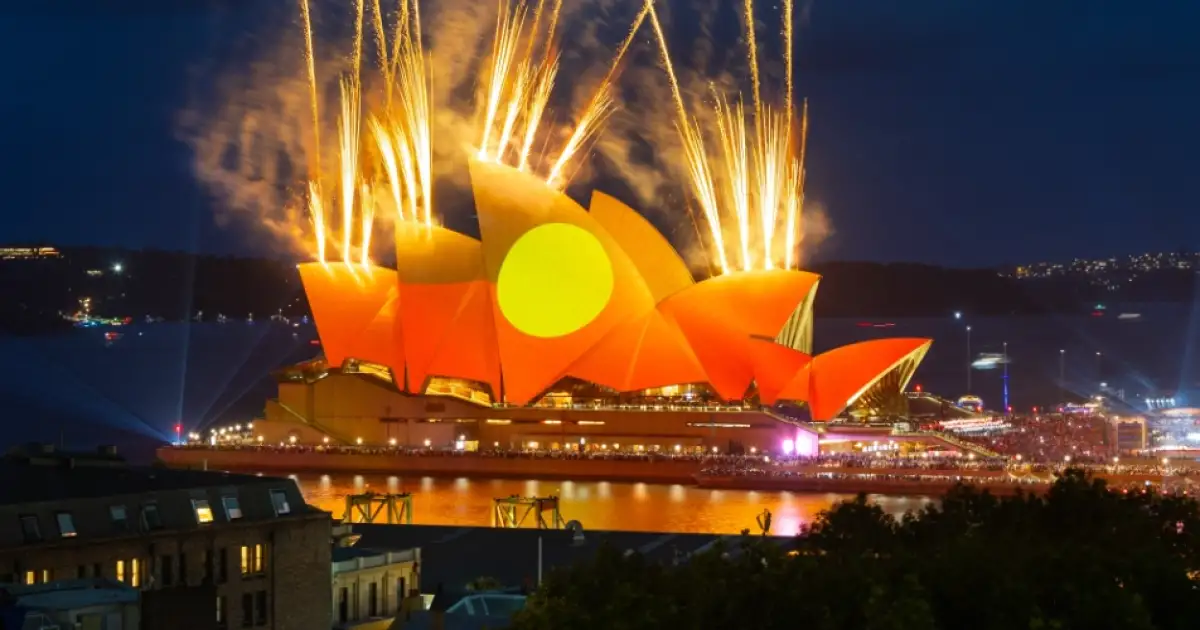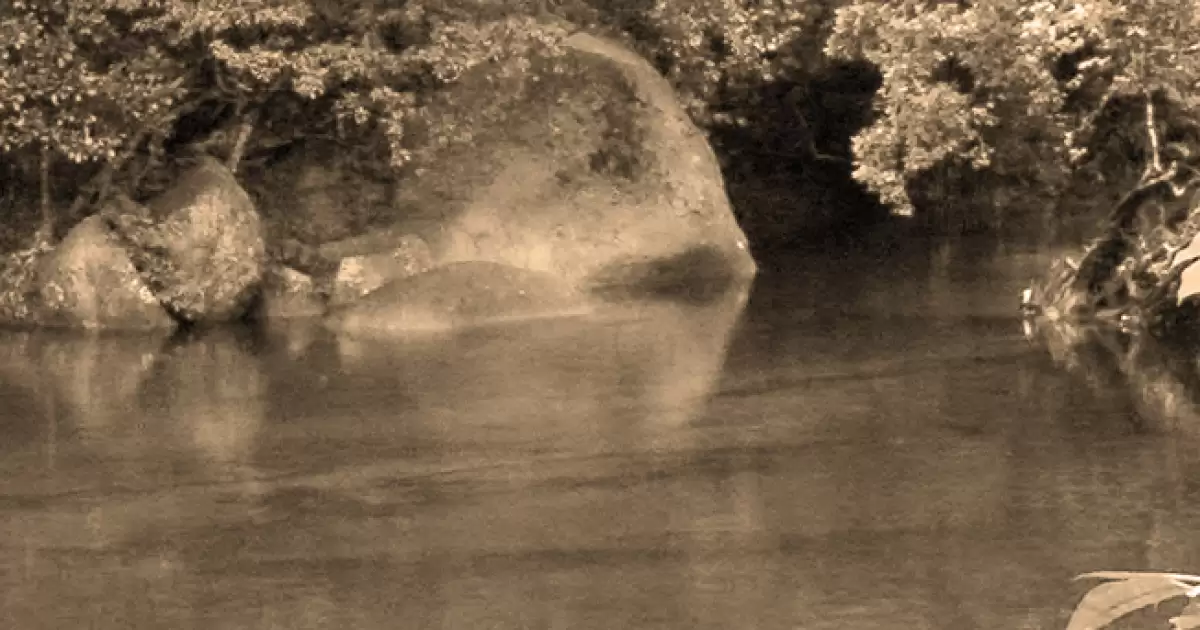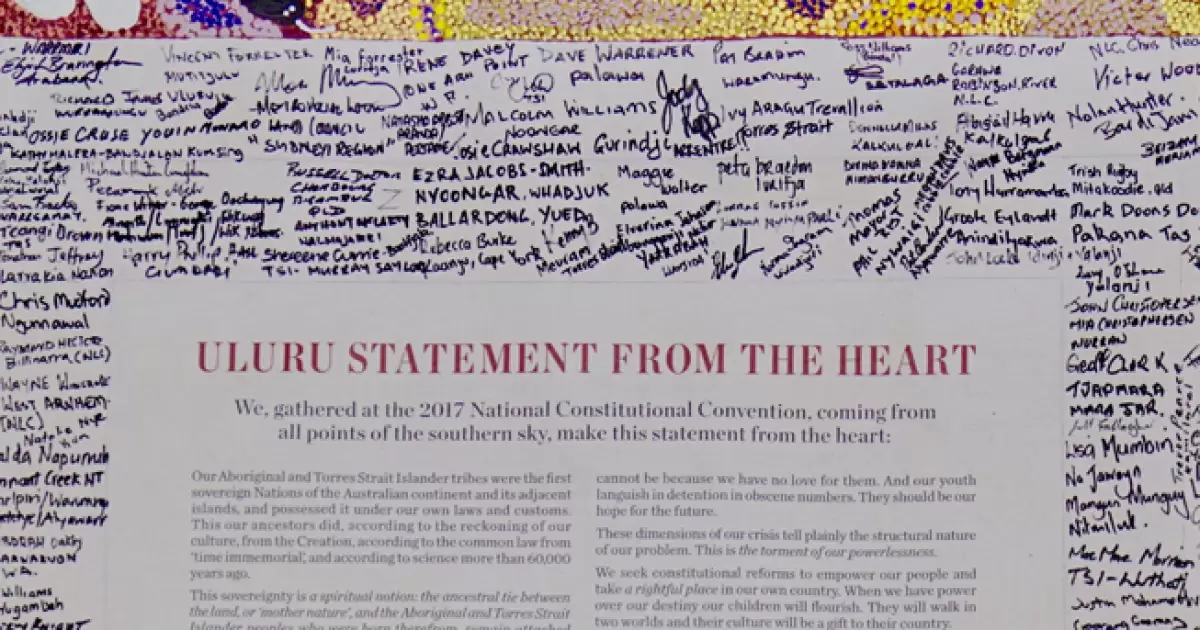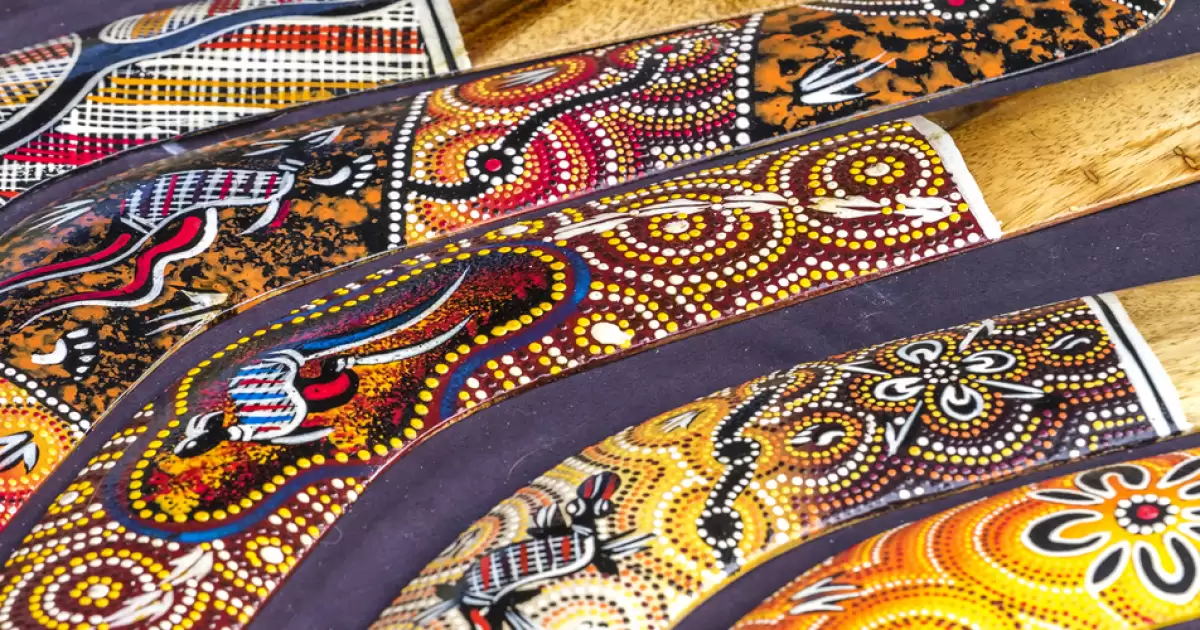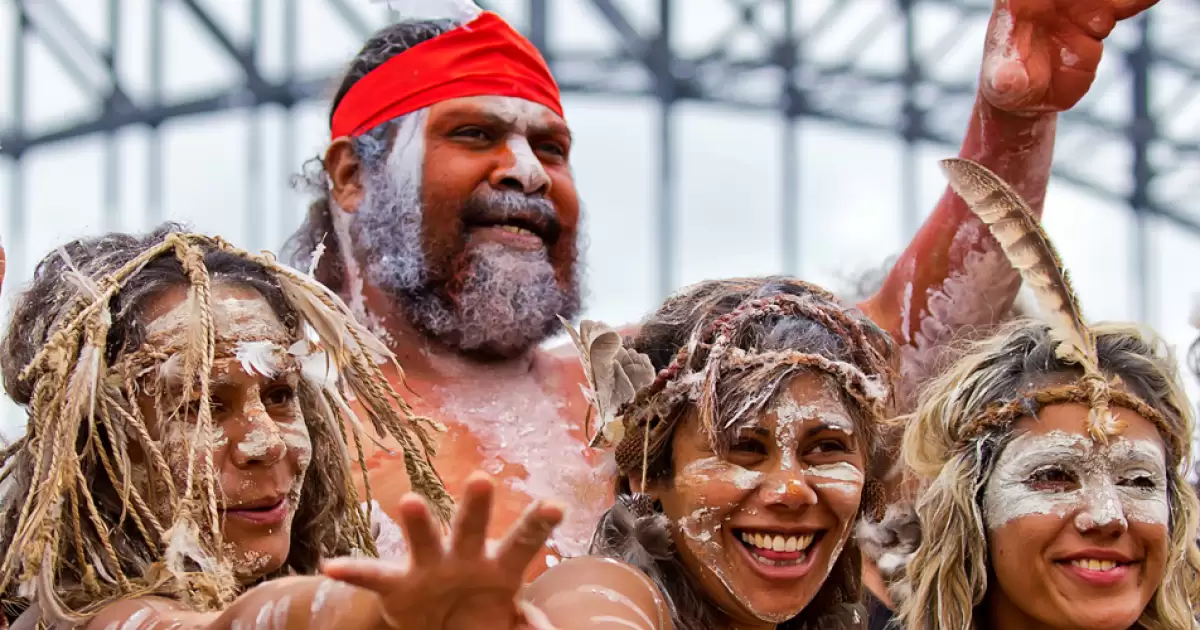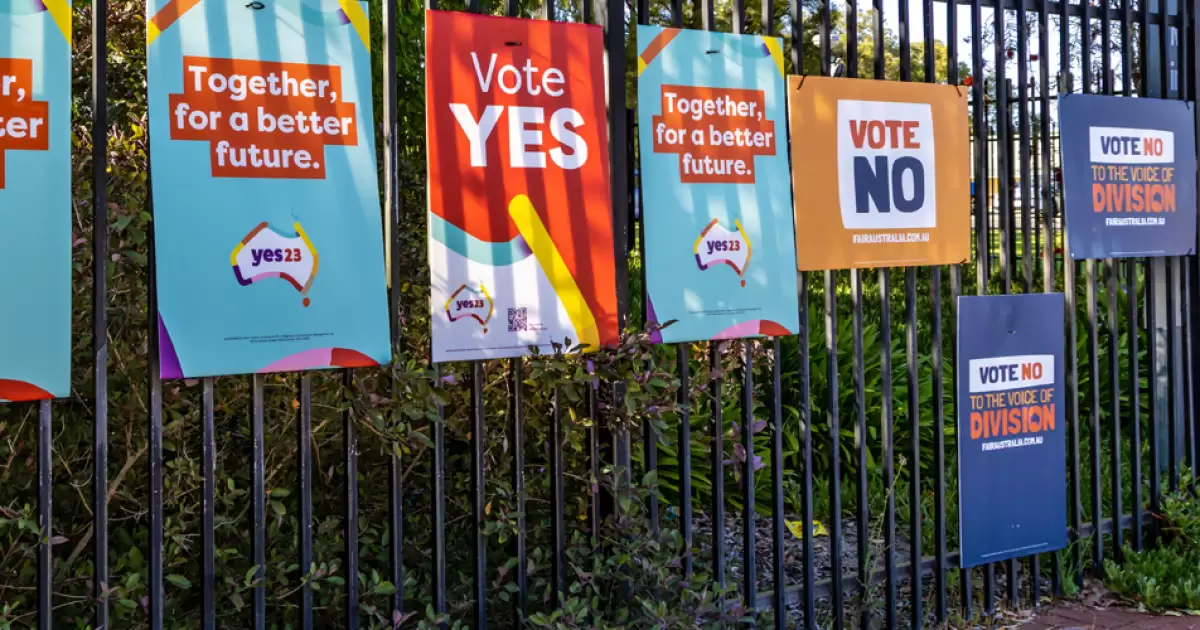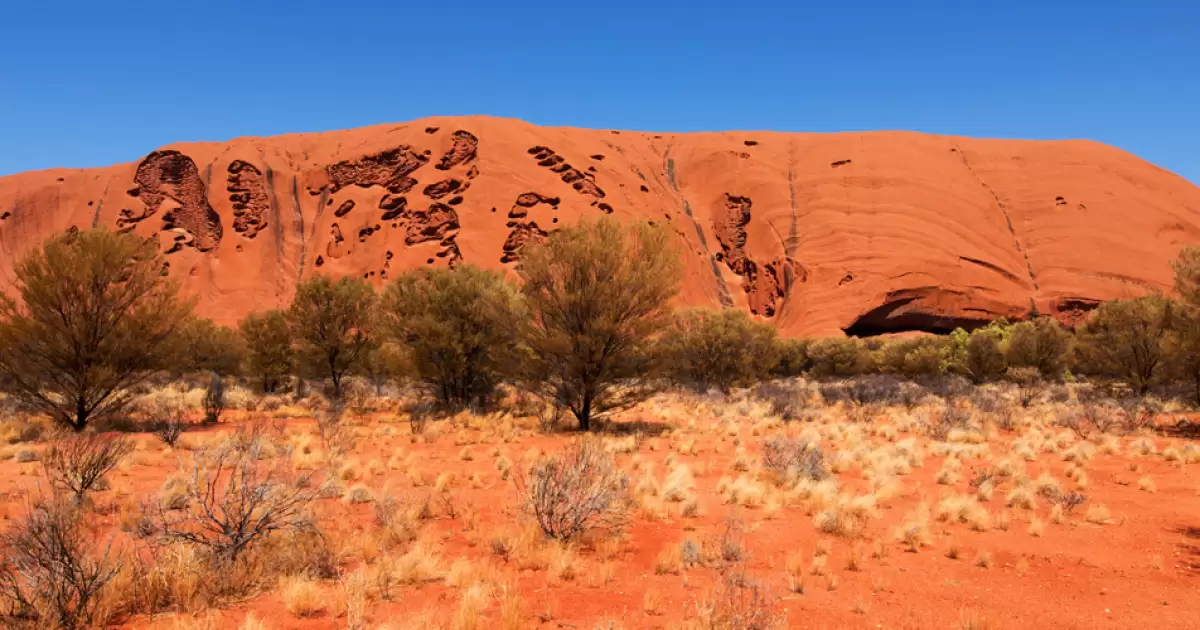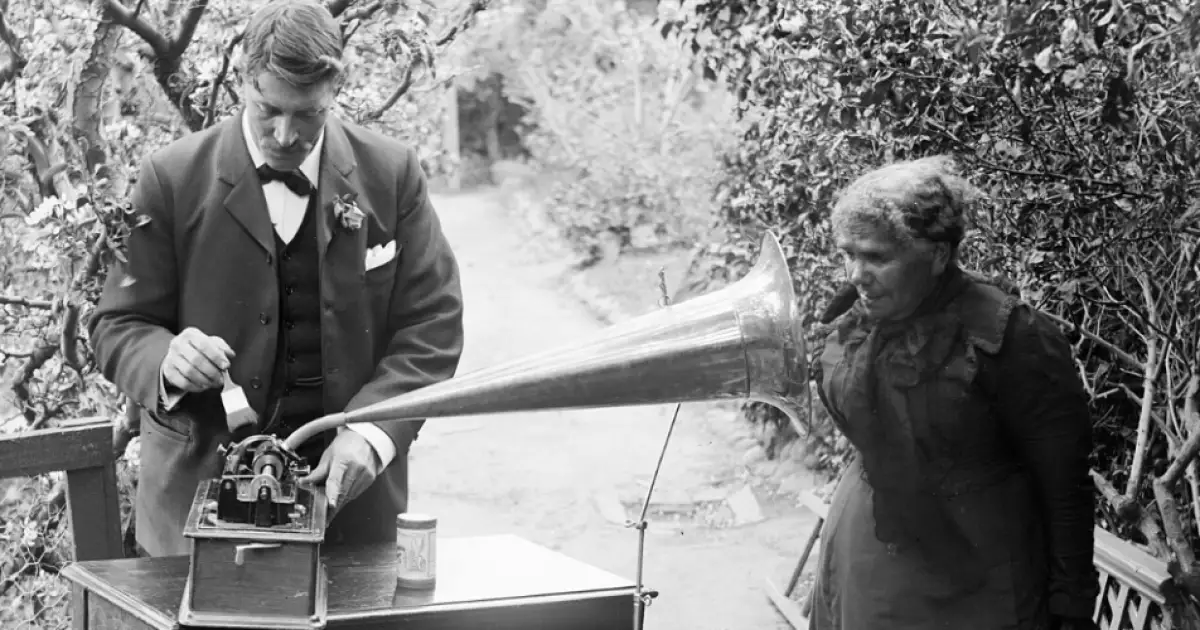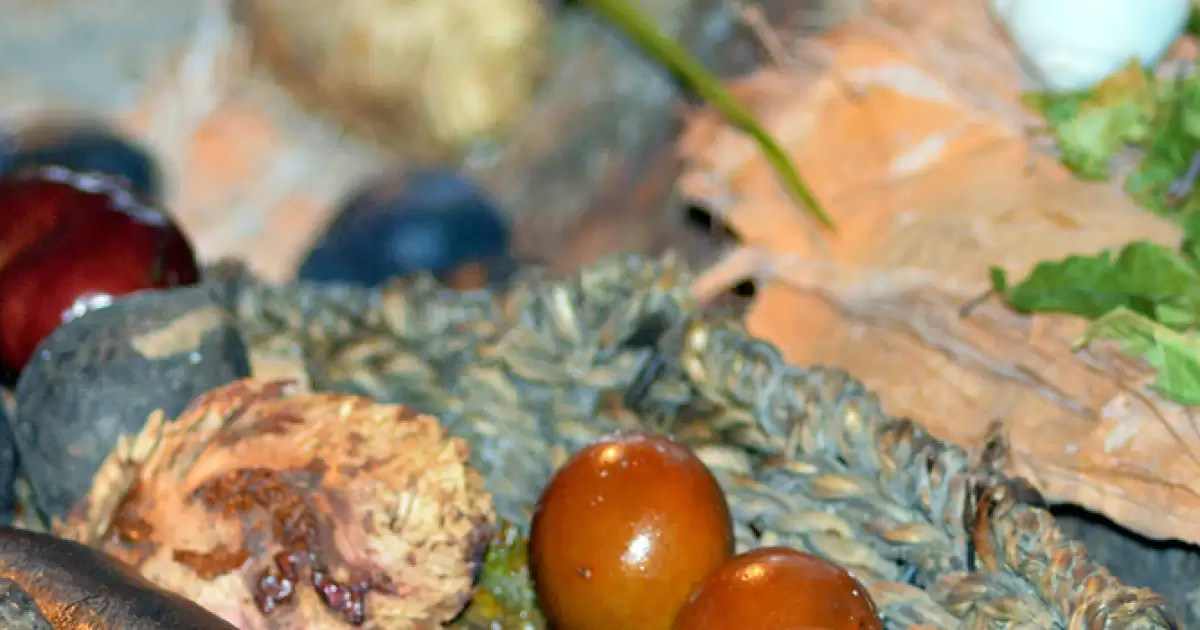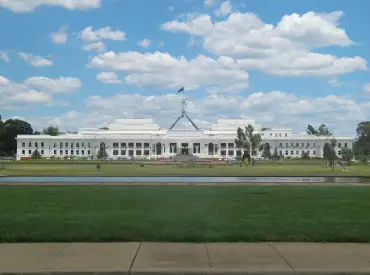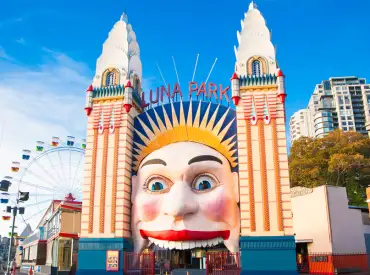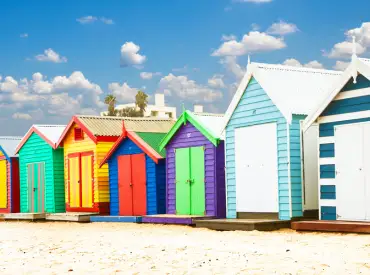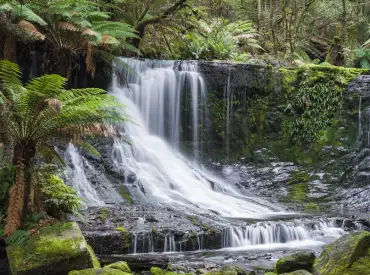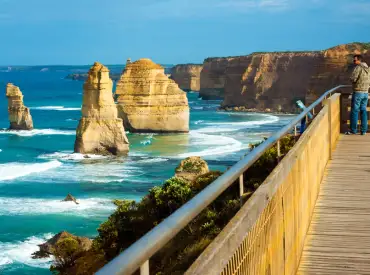The Australian government has announced the formation of a Makarrata Commission to oversee the implementation of the Uluru Statement from the Heart. This is a significant development in Australia's journey towards truth and reconciliation with its Indigenous people. The commission will be tasked with supervising agreement-making between governments and Indigenous people, as well as overseeing Truthtelling about our shared history. It is an important step on the road to achieving true reconciliation between Aboriginal and Torres Strait Islander peoples and the wider Australian community.
What is the Makarrata Commission and what does it do?
The Makarrata Commission, which is the equivalent of a treaty or agreement in Aboriginal culture and language, came into being after the Uluru Statement from the Heart. Its purpose is to progress the reconciliation between Aboriginal and Torres Strait Islander peoples and Australia as a nation. The Commission ensures that future governments honor such agreements and provides a pathway for meaningful dialogues with Indigenous people, who have been subject to various forms of oppression over many generations. This important step towards reconciliation will see conflict resolution processes implemented on a broader scale, designed to help all Australians move closer together on their collective journey of truth-telling and accountability for past wrongs.
The history of the Makarrata Commission and its impact on Aboriginal people
The Makarrata Commission, or the 'Truth-telling Commission', was one of the most significant changes for Aboriginal people in Australian history. The commission was established to help the healing process between Aboriginal and non-Aboriginal Australians, with a focus on truth-telling around injustices suffered by Indigenous Australians across generations. It's purpose was to examine how Aboriginal people have been affected by past government policy such as the Stolen Generations, and how these experiences shape present day cultural and political practices. The commission also sought to bring a greater understanding of Aboriginal culture in the wider public discourse. Through its work, it hoped to help bridge a truth gap created by Australia’s colonial history and reveal pathways towards meaningful reconciliation. Now more than ever, these goals are leading us towards a society rooted in fairness and mutual respect for all Australians.
The current state of the Makarrata Commission and its work with Aboriginal communities
The Makarrata Commission was created in October 2020 as a part of Australia's historic Uluru Statement from the Heart, which outlines a roadmap towards reconciliation between Aboriginal and Torres Strait Islander people and non-Indigenous Australians. The Commission has been tasked with undertaking public hearings and engaging with Aboriginal communities across the country to further dialogue and progress. In just a few short months, the progress made has been remarkable given the complex history that permeates between Indigenous Australians and other citizens of this nation. Despite some setbacks thus far, there is great hope that this Commission representing a united people will bring about lasting change for all Australians.
The future of the Makarrata Commission and its role in reconciliation between Aboriginal and non-Aboriginal people in Australia
The Makarrata Commission is a mechanism for reconciliation between Aboriginal and non-Aboriginal people in Australia. It can bring a new era of unity to the country, with its mission to bring about treaty and agreement-making between the two cultures. There's been immense progress over the past few years, and with continued effort, the future for the commission looks bright; it will be exciting to see what kind of changes and advancements this powerful organization can bring about in society as a whole. In order to ensure sustained success, it's essential that all stakeholders are engaged throughout the process; dialogue between governmental entities, community leaders, academics and policy makers should become an ongoing part of making sure the Makarrata Commission is meeting the needs of all Australians into the future.
The Makarrata Commission is a creature of the Constitutional recognition of Aboriginal and Torres Strait Islander peoples. Its establishment, work and long-term goals reflect this spirit of reconciliation, justice and healing between Indigenous and non-Indigenous Australians. As demonstrated by both its past efforts and present realities, the Makarrata Commission remains committed to the pursuit of meaningful dialogue with Aboriginal communities Australia-wide. It appears that in addition to making significant progress towards healing within Aboriginal communities, it is also creating pathways towards true reconciliation on a national scale. The scope of Makarrata’s work is broad – investigating injustices suffered while finding practical solutions to remedy them – but its purpose is single-minded: to bring peace and healing to all Australians. Moving forward, we must continue to support this important work so that true unity may be achieved between Australia’s Indigenous populations and their non-Indigenous counterparts.

